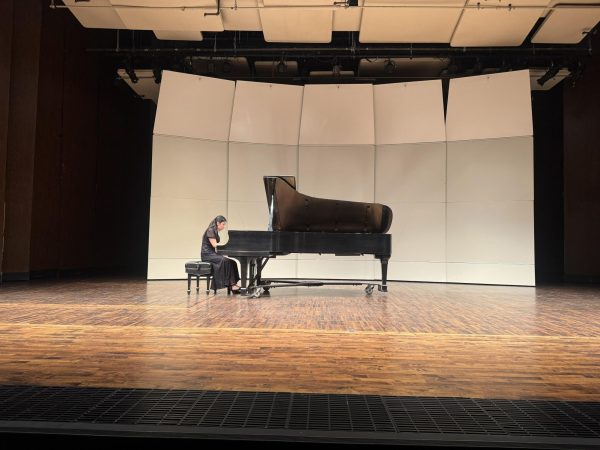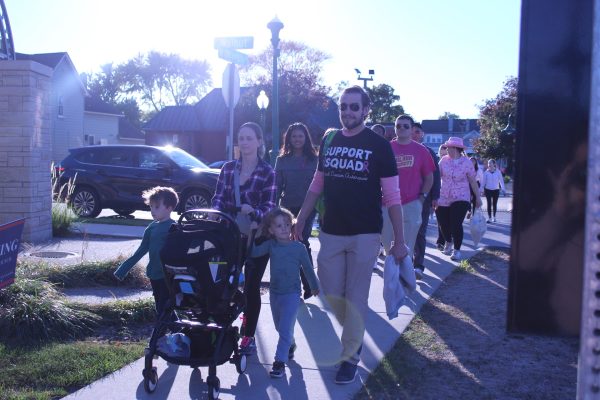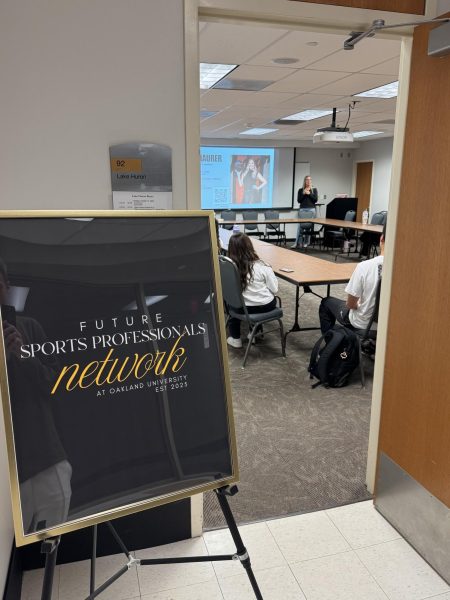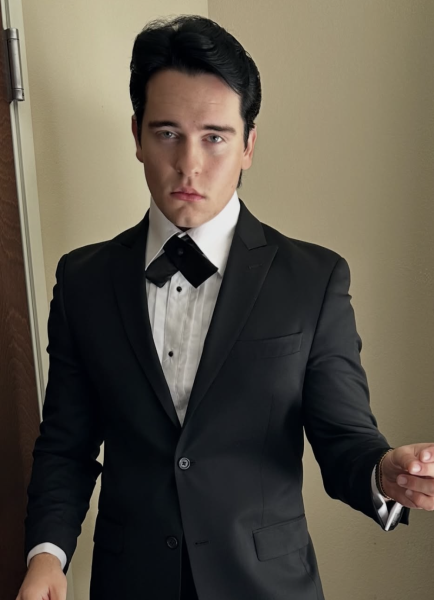Racial discrimination low at Oakland
Race: an ongoing issue on college campuses
The touchy subject of race has come back into the spotlight, specifically on college campuses. But, according to research done at the University of California, Los Angeles (UCLA), only 13 percent of racial incidents at colleges are reported. Social media has helped to make these incidents more known.
In 2015, the U.S. Department of Education recorded 146 cases of racial harassment on college and university campuses, down from 177 in 2014.
According to Mark Gordon, chief of police, there haven’t been obvious racial issues reported at Oakland University.
“We are fortunate that we have not had any recent major racial incidents here at OU, and I feel that OU has always tried to maintain positive communications between students and university administration,” Gordon said.
Catera Greer, secretary for the Association of Black Students at Oakland University (ABS), believes that racism hasn’t changed in America.
“The best way to lower the chances of this from happening at OU is to communicate with others and keep the conversation going,” Greer said. “We want everyone to be heard as well as speak their opinion.”
Once the conversation is invoked, the OU community can plan effective ways to keep itself safe.
Other schools haven’t been so lucky.
In the beginning of the month at Yale University, a story reported on Time.com stated that black students were turned away from a fraternity Halloween party. Jonathan Holloway, who is Yale’s first black dean, took action immediately, though it took a few days for the president of the college to respond.
There was a preliminary investigation and a spokesperson from the fraternity stated that the fraternities have zero tolerance for any behaviors or actions that deviate from their values, mission and creed, such as racism.
UCLA and Clemson University also reported that black students were excluded from fraternity parties.
Many things have happened on the University of Missouri’s campus, including students feeling ignored by administrators on the issue of discrimination and a swastika drawn with human feces on a bathroom wall.
According to The Detroit Free Press, the president of University of Missouri resigned due to the many racial protests on campus, including a hunger strike by Jonathan Butler. The president is not known to be racist, but students started protesting because of his lack of concerns with the incidents.
Howard University in Washington, D.C. received a threat from someone who was threatening to kill black students on Thursday, Nov. 12. It left students afraid to leave their rooms or even campus.
The university released a statement via Twitter stating that they were aware of the threat made on Yik Yak. The threat stated “anyone on the historically black university’s campus after 10 a.m. Thursday would be the first to go,” and ended the post with “after all, it’s not murder if they’re black.”
Many college campuses across the country are coming together to show their support for Howard University, Yale University and University of Missouri (Mizzou) by participating in blackouts (wearing all black), using hashtags such as #StandwithMizzou or #BlackonCampus on Twitter and having marches and protests.
People on campus who have been racially discriminated in any way should take action and speak to the Dean of Students, the Housing Office, the Counseling Center, OUPD or a professor they know and trust.






